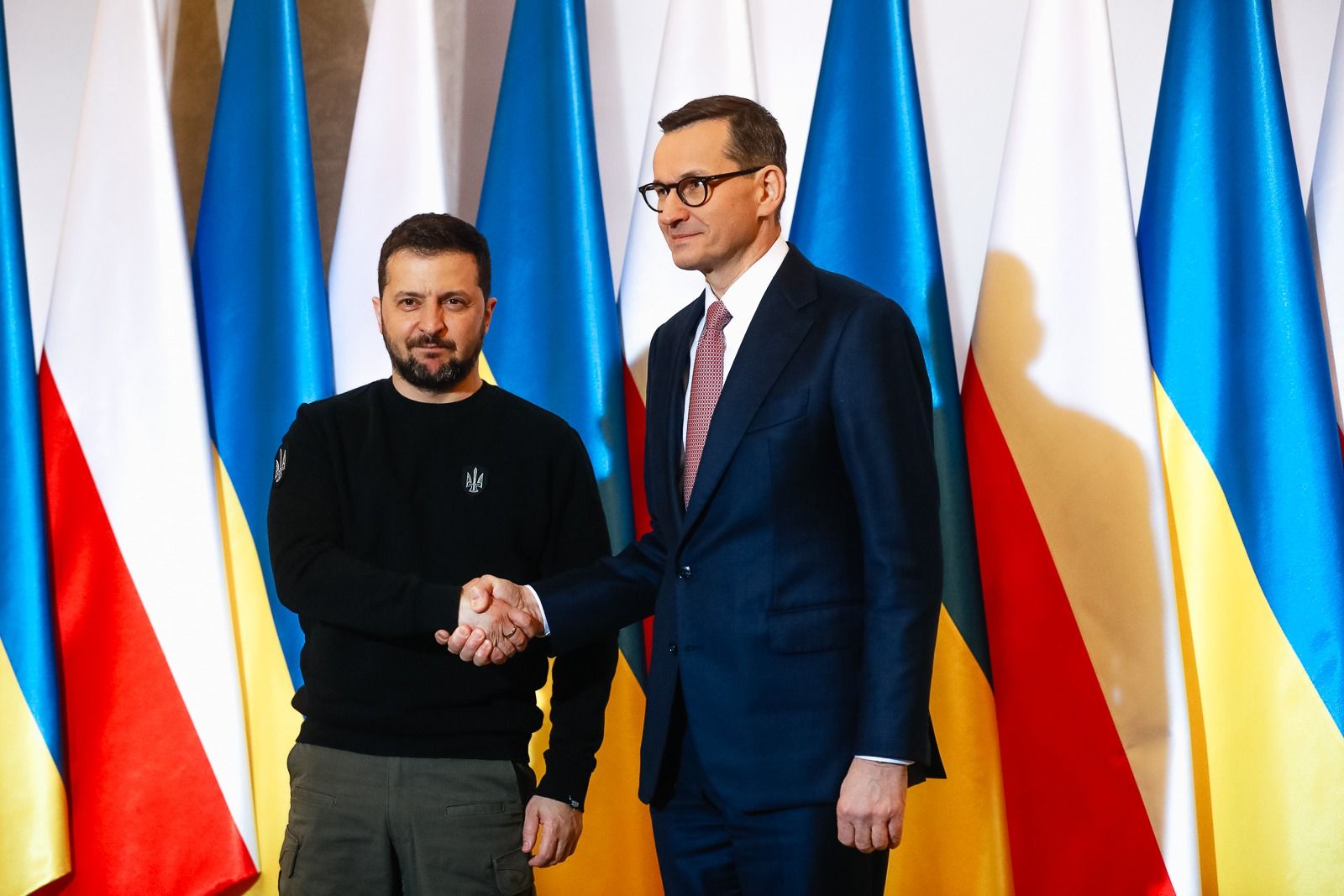Ukraine has agreed to stop the flow of grain to Poland to keep the market stable, except for transit at the destination of third countries, controlled by both sides "so that not a single grain remains in Poland," Robert Telus, Poland's minister of agriculture, said on April 7.
Polish farmers have been actively protesting against the significant influx of Ukrainian grain because of a threat to their domestic market.
The price of grain, especially wheat, has fallen below $230 per metric ton on the Polish stock exchange in March, half of what it was six months ago when it reached $466.
Telus thanked the Ukrainian side for the negotiations to settle the dispute.
"We all understand who is to blame for this situation, but we are the ones who have to solve this problem," said Ukrainian Minister Mykola Solskyi, hinting at Russia's grain blockade in the Black Sea.
The Ukrainian side will refrain from exporting until the new season, Solskyi said.
The dispute was reportedly settled during President Volodymyr Zelensky's visit to Poland on April 5, during which he met with top Polish officials.
"We discussed the issues regarding Polish and Ukrainian farmers. We found a solution," Zelensky said.
"Because there cannot be any questions or difficulties between such close partners and real friends as Poland and Ukraine," he said.
Cheap Ukrainian grain has been flooding the EU market since the beginning of the invasion, helped by the European Union waiving customs duties and import quotas to keep Ukraine's agricultural sector running.
Low-price grain prices prove too tempting for local buyers and traders, undercutting local producers.
The Polish government called on the European Commission to reintroduce duties on Ukrainian grain, but the European Commission extended the duty-free regime with Ukraine for another year.
The controversy triggered the resignation of previous Polish Agriculture Minister Henryk Kowalczyk on April 5.












